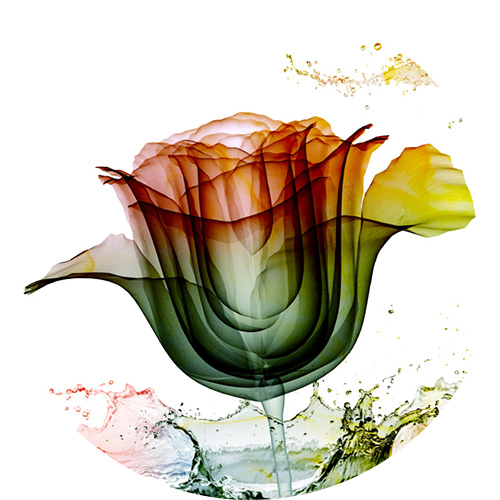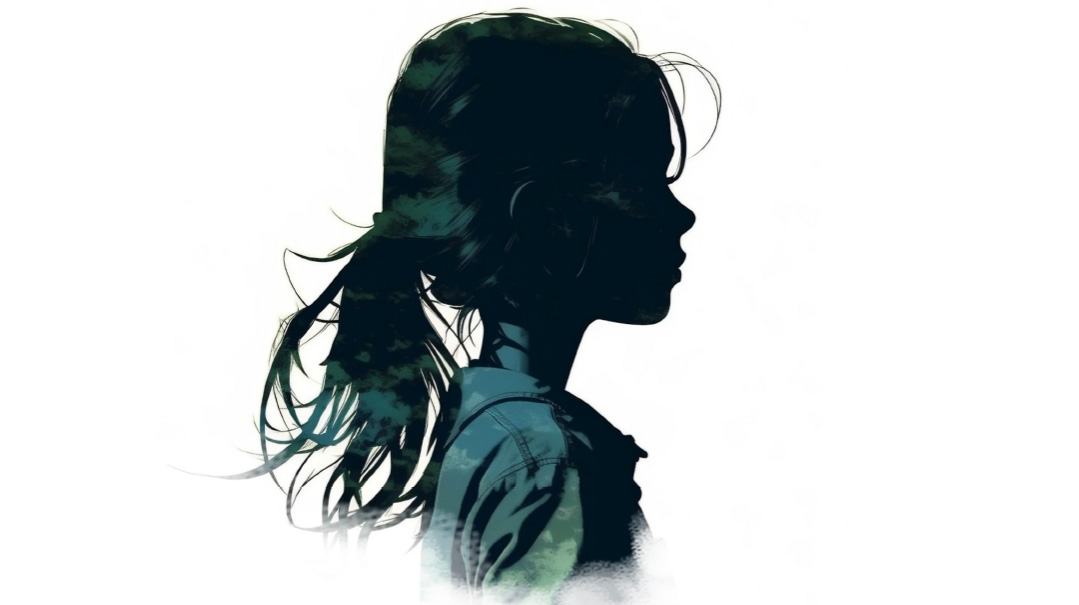Vered’s Story: Chapter 3
| November 15, 2022I liked Vered; I liked how it sounded and I liked that it meant “rose” in Hebrew, like my real name

IN
Hebrew school, everyone had a Jewish name. I didn’t. My name was special and unique; I liked it and liked the fact that it meant “beautiful rose” in my mother’s native tongue. My morah (I thought she was so big, but looking back, she was probably something like 22 years old) told me we could translate it into Hebrew. I told her that my name meant “beautiful rose” and she said she could call me Vardit, Yafit, Vered, Varda, Shoshana, or even Raizel. I chose Vered, even after she told me that Shoshana might be a more popular choice. I liked Vered; I liked how it sounded and I liked that it meant “rose” in Hebrew, like my real name.
Oops! We could not locate your form.


